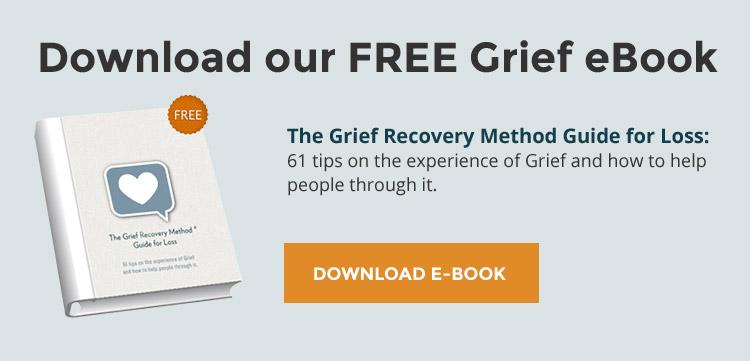This is the fourth of six blogs dealing with the concept of the "The Stages Of Grief". In this one, we will be discussing the stage of bargaining.
You may have noticed that the common thread of these blogs, concerning the stages of grief, is that we are in no way denying the applicability of this concept when it used with those diagnosed with a terminal illness. This is the situation for which it was first proposed by Elisabeth Kübler-Ross. The educated professional understands that these five phases are not strictly encountered in a linear manner and that the person dealing with their own impending death may jump back and forth between them.
Our concern is that the lay person does not understand this. The average person on the street often thinks that these are set steps followed in direct succession and that they apply, in that order, to any loss in life. There is the general misunderstanding that these steps, in this exact order, are required to progress to any sense of recovery. That is what leads to a great deal of confusion, and often to frustration.
This is certainly the case with the stage labeled as “bargaining”.
It is understandable that the person facing a terminal illness might fall into this phase. They might promise the deity they worship that they will be a better person, if this diagnosis is reversed. If they are not a person of faith, they may promise themselves that they will make better choices in the future if they survive their illness. It is not unusual, especially if the impending death is that of a child, for a parent to wish or pray that the illness is transferred to them instead. This is the basic concept of bargaining.
The problem with trying to use this concept related to other losses in life is that there is little likelihood of application. While the griever may wish that they could turn back time so that they would not be facing this loss, that would better be described as regret than as any form of bargaining.
Regret is a natural response to any type of loss.
When a griever is dealing with any loss that they have experienced, regret is a common thread. They often think of how things might have gone differently in that relationship and things they may wish they had said or not said. It may be regret over actions taken by the other party in that relationship. They may regret that they had not had more time to complete unfinished business of some kind. They may regret that this relationship is not going to continue in the future in the way they hap dreamed or planned.
Looking at it from this standpoint makes it very understandable that the term bargaining can be confusing to the average griever. They do not truly understand the concept, but they know that “they must do it to get better”.
In the perfect world, no one would have regrets! We would think with perfect clarity before we ever spoke or took any kind of action. The problem is that no one lives in a perfect world. We often speak or act spontaneously, without thought of how others might interpret what we say or do. Compounding this problem, others do exactly the same thing. This can often lead to regrets.
If a relationship has ended by a death, these regrets can literally come back to haunt us. If a relationship has ended with estrangement or someone moving away, finding a way to deal with these regrets can be complicated. Each and every loss presents its own problems in dealing with this unfinished business. While we may do some internal “bargaining” in an attempt to deal with the loss, the problem is that, without direction and support, we are still left at a loss.
Once again, if we attempt to adhere to the stages of grief, bargaining, in and of itself may be a stage that we see assigned to a griever. The word itself really does nothing to describe where the griever truly is emotionally. Placing them in this “stage” does nothing to help them move to any sense of recovery related to this emotional pain.
The Grief Recovery Method is about education and offering the griever assistance in taking action to complete the unfinished business in relationships lost. The only label that is of any value to a griever is identifying them as a “griever”, and helping them to understand that grieving is a normal and natural reaction to any emotional loss.
Perhaps the best "bargain" a griever can make with him or herself is to actually choose to take action, rather than having their life limited by the emotional pain of their personal loss!

























Add new comment